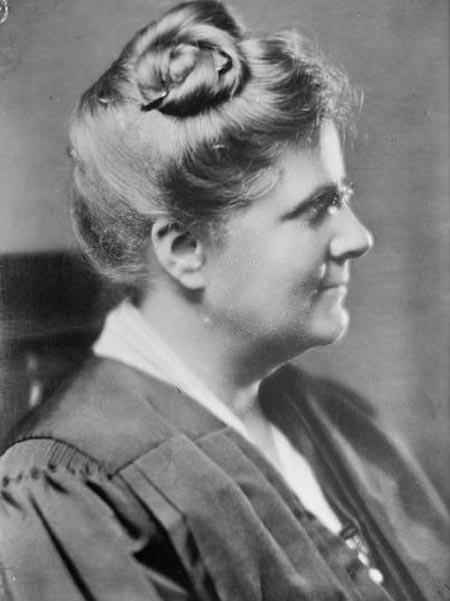 Last month, Ed FitzGerald donated $3,150 from his county executive campaign to the Intrepid Fallen Heroes Fund, a charity that funds rehab for wounded veterans. He was motivated by more than kindness. He was cleansing his campaign fund of 2½-year-old donations from Jimmy Dimora, Frank Russo, and other figures associated with the Cuyahoga County corruption scandal.
Last month, Ed FitzGerald donated $3,150 from his county executive campaign to the Intrepid Fallen Heroes Fund, a charity that funds rehab for wounded veterans. He was motivated by more than kindness. He was cleansing his campaign fund of 2½-year-old donations from Jimmy Dimora, Frank Russo, and other figures associated with the Cuyahoga County corruption scandal.“We don’t want anything to do with those individuals,” FitzGerald says. “I’ve been very clear, I have no tolerance or acceptance of how they’ve behaved -- far from it.”
In December 2007 and April 2008, months before the FBI raids of their offices made them political pariahs, Dimora and Russo were among many local Democrats who made contributions to FitzGerald, the newly elected mayor of Lakewood. Dimora gave him $550, Russo $500. Vince Russo, the auditor’s son, gave FitzGerald $750. Ferris Kleem, a Berea contractor and friend of Dimora and Russo’s, gave $1,000. The contributions, an overture to FitzGerald after he’d unseated Democratic incumbent Tom George, helped FitzGerald pay off a $30,000 campaign debt.
FitzGerald says voters shouldn’t make anything of the contributions, since Dimora and Russo, as party leaders, used to donate to dozens of candidates a year. “It means that they contribute to people who were incumbent elected officials,” says FitzGerald. “When I ran in 2007, none of them supported me.”
By this summer, Vince Russo was defending himself against federal bribery and extortion charges. Kleem had pleaded guilty to bribing Dimora with a visit from a Vegas prostitute. (Dimora and Russo, still uncharged, still deny any wrongdoing.) Because Ohio law doesn’t allow candidates to return contributions, FitzGerald donated the money from them to the veteran’s charity instead. It’s the latest of several moves FitzGerald has made to distance himself from his party’s former leaders.
“I might have been the first public official to call on them to step down,” he says. “I actually asked my state senator to change the law so they could be recalled.”
With the whole town still waiting to see if the feds indict Dimora and Russo, all the candidates for the new county government want to be seen as reformers. That’s a special challenge for FitzGerald, even though he spent three years as an FBI agent investigating political corruption – an irony I’ve written about in my coverage of the county executive race, out now in the September issue of Cleveland Magazine. His opponents in the Sept. 7 primary and the general election question his reform credentials because he opposed Issue 6, which created the new county government. And with the Democrats’ former party chairman under investigation, the Democratic party’s endorsement is a mixed blessing for him.
By donating to Intrepid Fallen Heroes, FitzGerald seems to be inoculating himself from attacks by his opponents. If one of them still tries to use the Dimora and Russo donations against him, he’s got an answer ready.
“If somebody donates something and later that person gets into trouble, it isn’t fair criticism,” he says. “What’s fair is if you continue to receive [donations] from someone engaged in improper behavior, or if you receive them and don’t do anything about it.
“It’s impossible to predict the future.”
Update, 9/16: FitzGerald also donated $250 he received from William Neiheiser, who leased the Winterhurst ice rink from Lakewood. Neiheiser was indicted with Jimmy Dimora on corruption charges yesterday. FitzGerald appears briefly in the indictment as "Public Official 14" because of a phone call from Dimora, but prosecutors do not accuse FitzGerald of wrongdoing. “I think I handled it appropriately,” he told me yesterday. See my new blog post for more.
I've also posted about Dimora's indictment, not-guilty plea, and comments at the courthouse yesterday.









